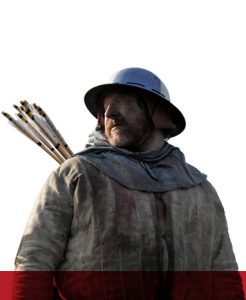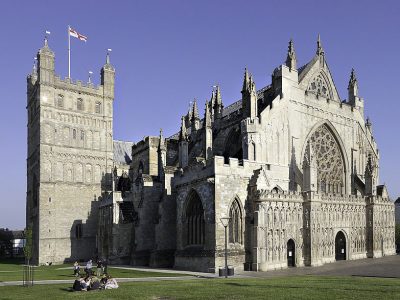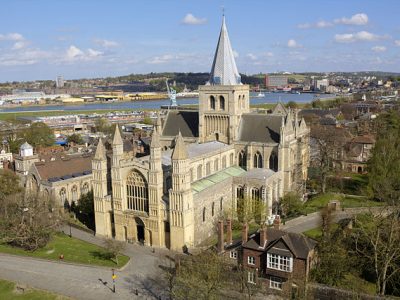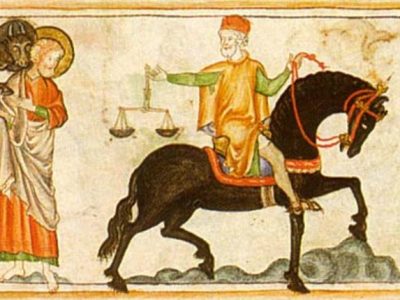13-19 July 1415: The Army Continues to Gather
By Dan Spencer The mustering of retinues for the campaign continued in the region around Southampton. On 14 July the muster of several retinues took place at Swanwick Heath in Hampshire, carried out by Hugh Mortimer esquire and Robert Castel esquire. These included the retinues of John, earl of Huntingdon (for whom at twenty years old, this was his first military expedition), William, lord Botreaux, John Grey, son of Lord Grey of Ruthin, Sir Roland Lenthale and much of the royal household contingent including William Kynwolmersh, the cofferer, and several... Read More



